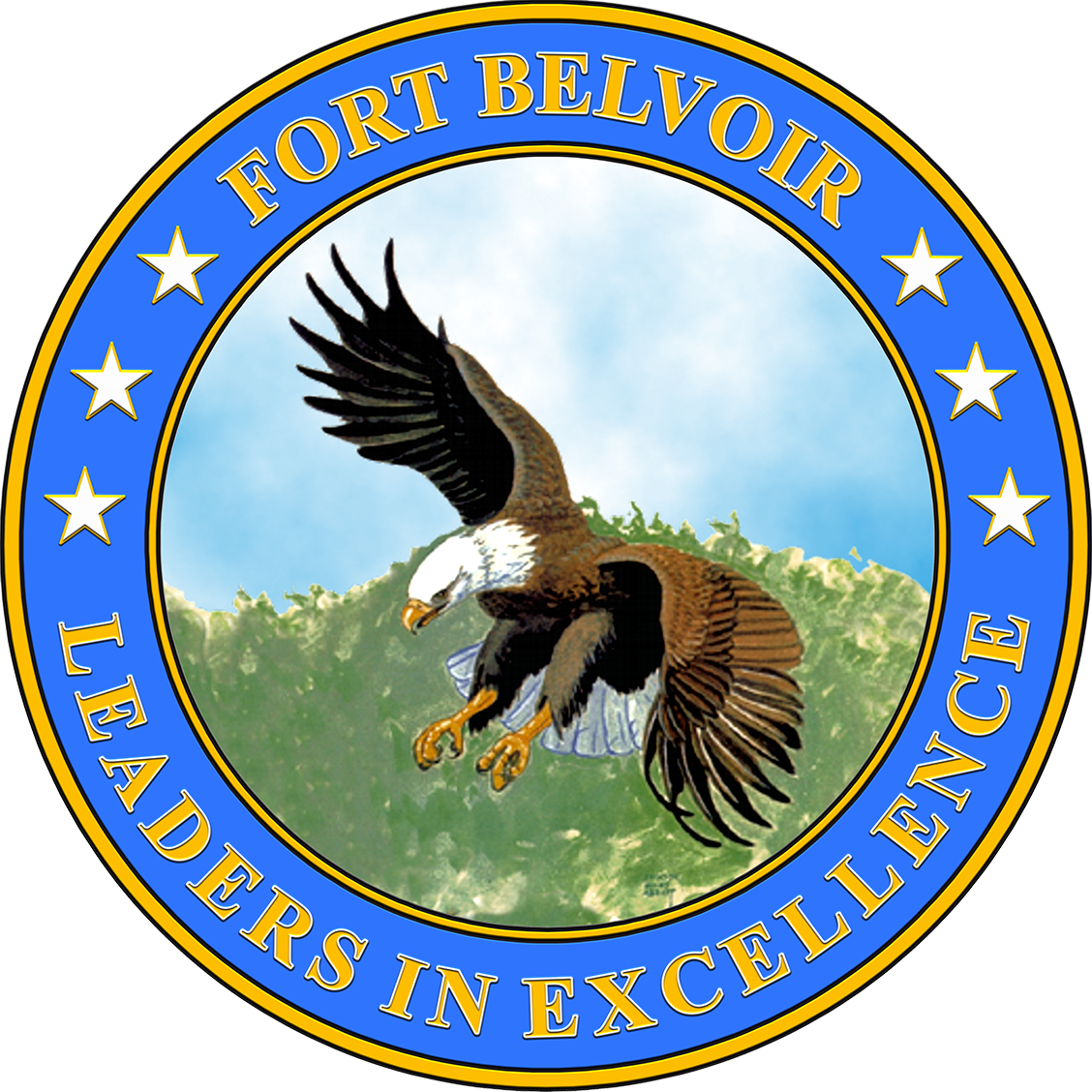
Maj. Gen. Gary W. Johnston, U.S. Army Intelligence and Security Command (INSCOM) commanding general, hands incoming commander of the National Ground Intelligence Center, Col. Christopher C. Rankin, the Center’s colors during the NGIC Change of Command Ceremony, July 13. (Photo Credit: U.S. Army Photo by Erich Ryland)
By Sean P. Lyons
NGIC Public Affairs
Col. Christopher C. Rankin, who recently served as the Operations Division Chief with the U.S. Special Operations Command and liaison officer to U.S. Cyber Command, assumed command of the National Ground Intelligence Center during a ceremony on July13.
Rankin replaces Col. Sean F. Stinchon, who guided the NGIC during the worldwide COVID-19 pandemic and was able to sustain operations and maintain a high level of mission readiness.
Maj. Gen. Gary W. Johnston, commanding general of the U.S. Army Intelligence and Security Command, said Rankin’s past assignments — from serving as a rifle platoon leader to leading the operations division of the Countering Weapons of Mass Destruction Directorate — made him the right choice to lead the NGIC.
“Col. Rankin is coming to us with a wealth of experience,” Johnston told the audience of roughly 200 who attended the ceremony. “He is exactly what is needed to further advance NGIC.”
Rankin, a 1997 graduate of the University of Mississippi, said taking the reins of an organization he has relied on “at every touchpoint of my career” was humbling.
“As a young military intelligence captain, I consumed the center’s products, be that order of battle, threat system analysis, or identity intelligence,” Rankin said. “As a not-so-young military intelligence colonel, I leveraged NGIC assessments and products to inform key decision makers on operational plans and joint-force capability development.”
While he previously had never been part of NGIC, Rankin said, “NGIC has always been a part of me.”
In his farewell speech, Stinchon, who is moving on to serve as the director of the Department of the Army Military Intelligence-Foreign Intelligence, said his time leading NGIC, “has been one of the most memorable in my career.”
NGIC members "are resilient and adapted to a new way of doing business while still remaining focused on the mission,” Stinchon said during the ceremony, which was held in the auditorium of NGIC’s Lieutenant Colonel Arthur D. Nicholson building. “The center is a national treasure because of what you do every day.”
Johnston credited Stinchon with more clearly defining how NGIC drives the Army intelligence cycle, improving the center’s database distribution, and strengthening relationships between NGIC, INSCOM staff elements, and the Intelligence Community.
Stinchon’s exemplary ‘people first’ leadership style was his most “indelible achievement” as he successfully guided NGIC through the COVID-19 pandemic.
“He achieved a remarkably low pandemic infection rate in the workforce,” Johnston said. “Most significantly, Colonel Stinchon led the command’s comprehensive risk-reduction effort and oversaw over 1,200 risk management actions.”
Rankin said substantial challenges for the center still lay ahead, saying that he was “clear-eyed” about the need to continue to narrow the gaps of knowledge in intelligence assessments and manage an ever-tightening fiscal environment.
“Innovative and adaptive people will continue to be our strength and we will not yield,” Rankin said. “We will be persistent in delivering ground force intelligence across all domains.”
Rankin transitioned to military intelligence after his stint as a rifle platoon leader. He deployed multiple times in support of Operation Iraqi Freedom and Operation Joint Guardian in Kosovo and served as a military intelligence advisor to the Saudi Arabian Ministry of Defense and Aviation Headquarters. Later in his career, Rankin commanded the Army Operations Security Detachment at Fort Meade, Maryland, and was the director of operational support for an Army directorate responsible for developing various intelligence policies.
In addition to his degree from the University of Mississippi, Rankin, is a graduate of the Postgraduate Intelligence Program of the National Intelligence College, the Command and General Staff College, and the National War College.
Located on Rivanna Station, Charlottesville, Virginia, NGIC provides all-source and foundational geospatial intelligence on foreign ground force capabilities and related military technologies while integrating with mission partners to ensure the U.S. Army, DoD, Joint, and National-level decision makers maintain decision advantage to protect U.S. interests at home and abroad in support of Army, Joint, and Coalition Commands and the U.S. Intelligence Community.





